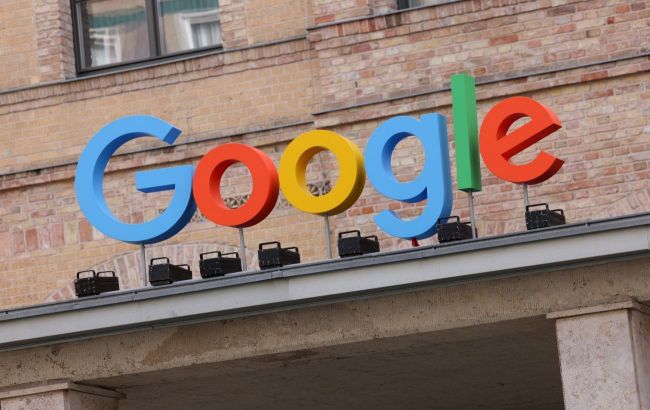Google to kill cookies for 30 million users starting on January 4, 2024
 Google to kill cookies for 30 million users on January 4 (Getty Images)
Google to kill cookies for 30 million users on January 4 (Getty Images)
Google declared the beginning of its highly expected initiative to phase out internet cookies, set to start on January 4th. At first, the launch will impact 1% of Chrome users, of about 30 million people, according to Gizmodo and Daily Mail.
Google's Privacy Sandbox project seeks to replace cookies with alternative tracking tools that Google asserts are more privacy-protected.
Third-party cookies
Over the past three decades, websites and tech entities have relied on "third-party cookies" to monitor online consumer behavior. These cookies enable websites to collaborate with various companies, including Google and numerous others, allowing them to track your online activities totally. While advantageous for businesses, this practice compromises user privacy by permitting to keep a detailed history of user's web browsing habits.
What is proposed instead of cookies
Instead of cookies, Google has introduced a new suite of tools that empowers the Chrome browser itself to track users' online activities. This data remains on the device, while the browser categorizes it into specific groups or "Ad Topics," according to Google's terminology. While websites can inquire about the categories, they won't be able to pinpoint your identity, not through conventional cookie-based methods.
Chrome is still tracking user activity, but at least it is a step towards enhanced privacy, revealing less information about users and their online activities.
Victor Wong, Google's senior director of product management for Privacy Sandbox, emphasized the significance of these changes: "We are making one of the largest changes to how the Internet works at a time when people, more than ever, are relying on the free services and content that the web offers."
While these Privacy Sandbox cookie alternatives are now accessible in the Chrome browser, they are optional.
Given Chrome's overwhelming user base, these developments hold major implications. As Google completes its cookie phase-out, the impact on internet cookies is expected to be irreversible.
What to expect
On January 4th, randomly chosen users in the 1% test for "Tracking Protection" by default will discover a popup in Chrome. It will say: "You're one of the first to experience Tracking Protection, which limits sites from using third-party cookies to track you as you browse." This feature, Google's label for the cookie-blocking tool, is identified by a small eyeball logo in the URL bar when activated.
Previously, Google revealed Year in Search 2023 which highlighted the year's most significant U.S. search trends, including major news events, celebrities, entertainment, and cultural phenomena.
It also launched Gemini, its latest breakthrough in AI technology, and a competitor to ChatGPT.

